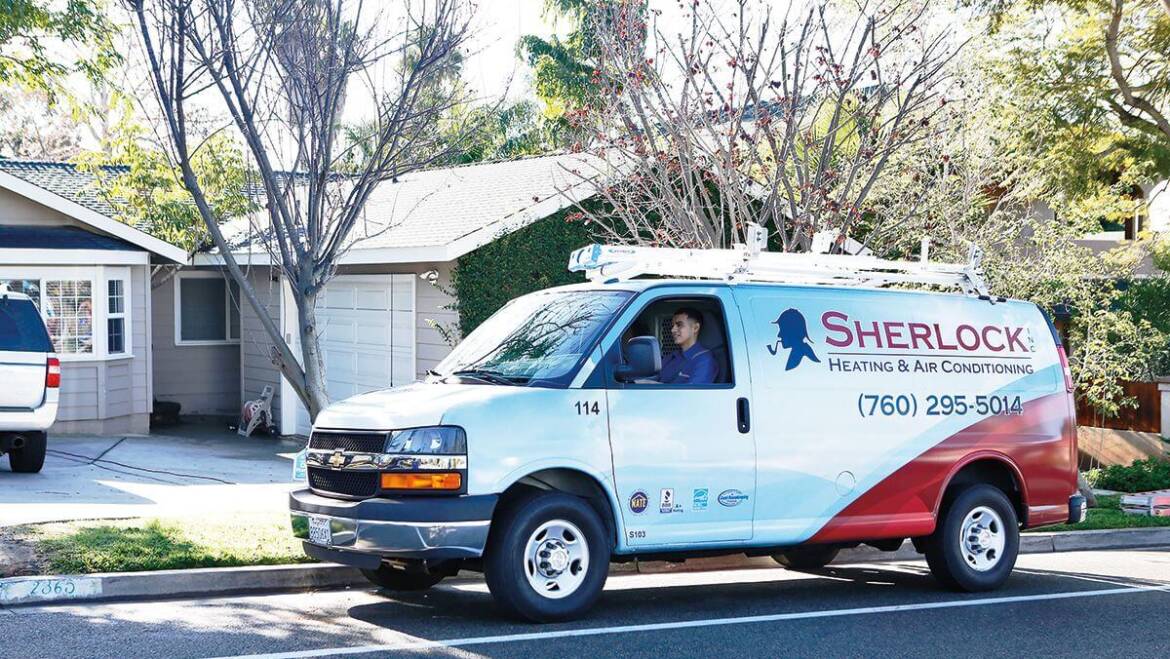back to blog
For all the good they do, homeowner associations can complicate the HVAC requirements for property owners. Homeowner associations exist to protect the property interests of all their owners.
Central to their efforts are strict rules and regulations that govern the appearance and upkeep of the public and many of the private areas. Although federal law requires a heating system in every dwelling unit, they don’t stipulate that homes have air conditioning.
Can an HOA Restrict Air Conditioners?
Yes, many HOAs, especially in newer housing developments, have rules stating that window-mounted air conditioners are not allowed. If your community has restrictions covering the exterior appearance of the home, noise, and what you keep in the yard, a ductless mini-split air conditioner or heat pump may be a viable solution to meet your HVAC requirements.
These air conditioners and heat pumps are among the most energy-efficient and versatile types of HVAC systems. A large ductless system can condition an entire three-bedroom home. The outdoor condensers can hang on the exterior wall or sit on the ground. They’re smaller and quieter than condensers associated with central cooling systems. Some have decibel ratings as low as 58, which is the sound level associated with a quiet suburban street or a conversation in a restaurant.
Before You Buy, Review HOA Reserves Budget
Another HVAC issue associated with HOA concerns is attached homes that have decentralized heating and cooling systems. Some large projects use commercial-style HVAC systems that run the conditioned air through a ductwork network.
Issues might arise when it’s not always clear who is financially responsible for the ductwork maintenance or repairs. The best solution, in this case, is to ask the HOA board to clarify who owns what.
Before you buy into an attached community, review its budget for reserves. These are funds set aside for community repairs, maintenance, and improvements. The rule of thumb suggests that HOAs should estimate the cost of repairs and replacement over the lifetime of the equipment and divide the amount by the expected system lifetime.
Thanks to new technology, it’s easier to manage HVAC requirements in a community with a strong HOA.
Maintenance, Damage & Common Areas
If you have an individual system installed in your condo or apartment, maintenance and any damage are your responsibility. However, if it’s a common system, the HOA is responsible for regular maintenance and damage caused by storms, etc. Further, if the damage is caused by the actions of the HOA, such as during construction works, then the responsibility is most likely the HOA’s. It would be best if you read through your HOA’s Declaration of Covenants, Conditions, and Restrictions, which will identify who is responsible in those situations.
You should also confirm whether the system is connected to the building’s ducts. In California, ducts are considered part of the common area. That’s because most ducts in condos and apartments are connected to the building and serve multiple apartments, and not just your apartment itself. It’s the same as plumbing and electrical systems. However, there may be caveats inserted in your contract that limit HOA responsibility and liability for any air conditioning, air filtration systems, etc., you connect to the ducts. Thus, it’s crucial to read your HOA CC&Rs carefully.
Read the Rules Carefully
Noise and appearance are the two most common issues you’ll face when installing an air conditioning system in an HOA-governed property. Naturally, the HOA wants to make sure that the unit operates quietly not to disturb your neighbors. Thus, any system you choose must have an operational noise limit that doesn’t exceed those restrictions; otherwise, the HOA can ask you to remove the system.
While the HOA may allow you to install window units or ductless mini-splits, it may restrict the exterior components you can install where these can be positioned. For example, you may be allowed to drill through the exterior wall to install the condenser, but you may not be able to install the condenser on the wall, and the HOA may require you to set it up on the patio.
Do you have more questions about HOA rules and responsibilities concerning heating and air conditioning systems in California? Contact the Sherlock Heating & Air team by calling 760-295-5014. It’s our pleasure to give you the answers you need and advice you can depend on!
Whether you require installation, repair, or maintenance, our technicians will assist you with top-quality service at any time of the day or night. Take comfort in knowing your indoor air quality is the best it can be with MOE heating & cooling services Ontario's solution for heating, air conditioning, and ventilation that’s cooler than the rest.
Contact us to schedule a visit. Our qualified team of technicians, are always ready to help you and guide you for heating and cooling issues. Weather you want to replace an old furnace or install a brand new air conditioner, we are here to help you. Our main office is at Kitchener but we can service most of Ontario's cities
Source link



Add Comment